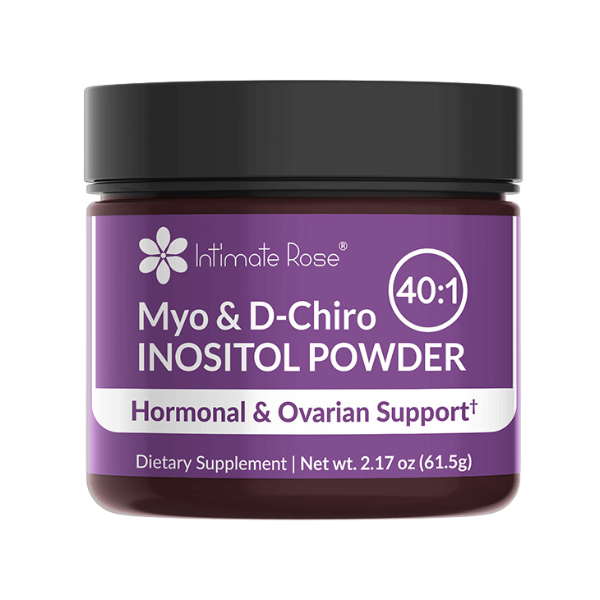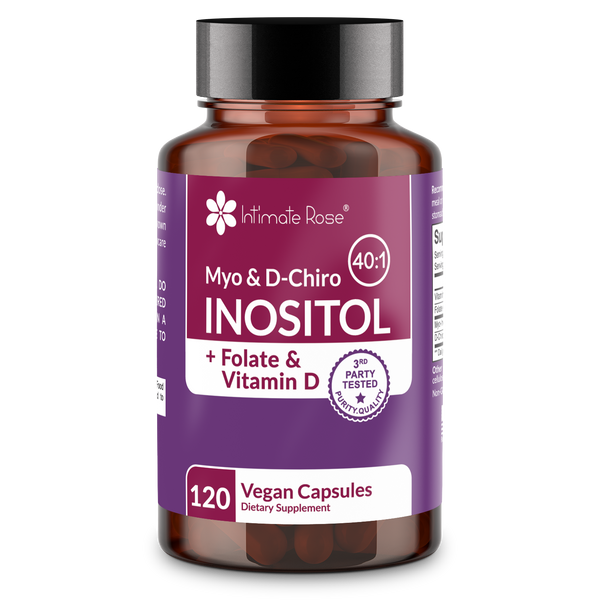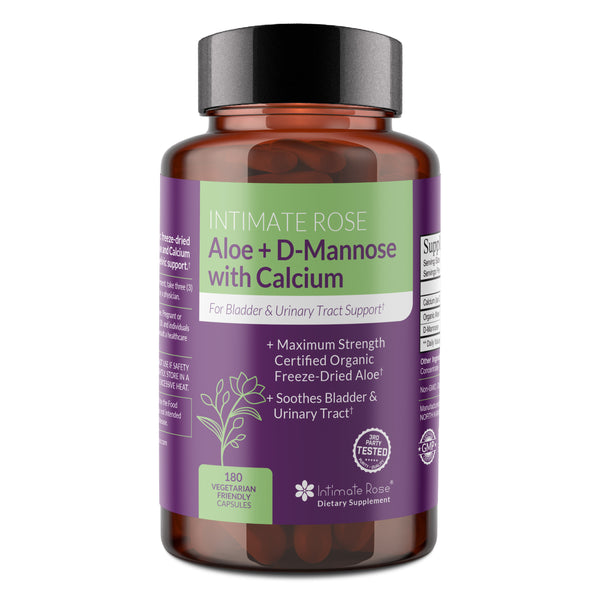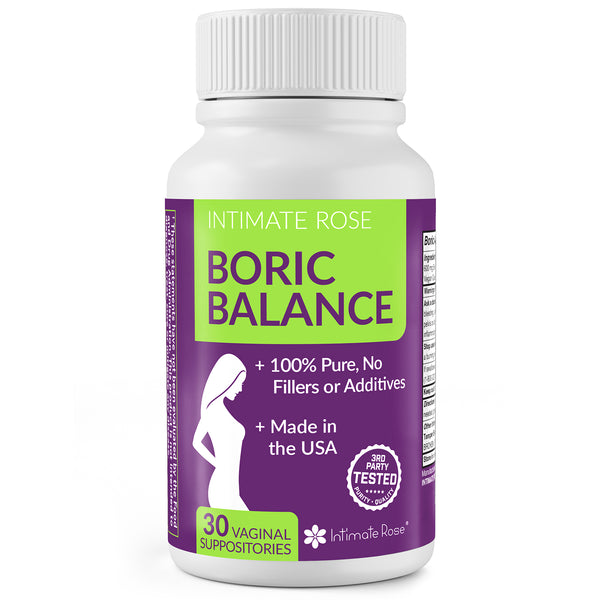Discharge During Pregnancy | Managing Watery Vaginal Discharge | When to See a Doctor?
Clear watery discharge from the vagina is healthy, normal, and something most women with a healthy reproductive system experience.
The amount, typically between 1-4 milliliters daily, can vary from woman to woman and is also known to change during the menstrual cycle, sexual arousal, pregnancy, and menopause. Why does this happen, and what causes this vaginal fluid?
Read on to learn more about watery vaginal discharge, its causes, meaning, and what to do if it changes.
What Does Healthy Vaginal Discharge Look Like?
Healthy vaginal discharge appears similar to a clear or white watery substance and is either odorless or emits a mild odor, depending on the person. For some women, it might not be clear but instead resemble a watery egg white or watery milk, and this too is considered normal.
What Causes Watery Discharge from the Vagina?
The vagina is naturally designed to keep itself clean and the slightly acidic vaginal discharge is its way of lubricating, keeping harmful infections at bay, and flushing out dead cells. Caused by hormonal changes, this type of vaginal discharge typically beings 6-8 months before girls start their first menstruation.
If this clear or white watery liquid changes to a lumpy cottage cheese-like texture, however, or is accompanied by itching or an unpleasant smell, it could be a sign of infection like Bacterial Vaginosis (BV), a sexually transmitted disease (STD), or a yeast infection. If you notice any of the above-mentioned changes, make an appointment to see your doctor.
Does Ovulation Cause Watery Vaginal Discharge?
Vaginal discharge is controlled by the female hormones so it regularly changes throughout the month, depending on what stage the reproductive system is entering.
During pre-ovulation, for example (days 10-14), most women notice a change to the typical watery vaginal discharge and instead experience a thin milky-white discharge, similar to the consistency of an egg white.
This slippery discharge indicates that an ovary is preparing to release an egg, and it is also used as an aid to help sperm cells move through the cervix to the egg.
A thicker and whiter vaginal discharge, on the other hand, would typically be associated with ovulation, which usually occurs on day 14 of the menstrual cycle.
What Causes Watery Discharge During Pregnancy?
Watery or clear discharge during pregnancy is perfectly normal, nothing to worry about, and a positive sign that your body is looking after you and your baby.
Known medically as leukorrhea, this watery discharge plays an important role during pregnancy by keeping the birth canal healthy and flushing dead cells from the vagina.
It’s also helpful for expectant mothers to know that leukorrhea typically increases as pregnancy progresses. To the point that a heavy flow of watery discharge in the third trimester is a healthy sign that the body is preparing for labor.
Should any changes occur to the consistency or odor of this watery discharge, it could be a sign of infection and expectant mothers should consult with their doctor immediately.
Additionally, if you experience a sudden rush of water it could mean that your waters have broken. This is to be expected at the end of pregnancy but could signal premature labor if you are not near your due date. If you suspect your waters may have broken it is always best to consult immediately with your doctor or midwife.

Things Off Down There?

Things Off Down There?
Sexual Arousal and Watery Discharge
When you are sexually aroused the blood flow to your vagina increases, causing it to swell slightly and produce lubricating fluids resembling a watery discharge, called vaginal transudate. This is your body’s way of preparing for penetration and movement during intercourse.
Watery Discharge During Menopause
Some women of menopausal age experience minimal vaginal discharge while others see an increase. More watery discharge is usually due to a condition called vaginal atrophy, where lower levels of estrogen cause the walls of the vagina to become thinner and drier and sometimes more inflamed.
For many menopausal women, vaginal atrophy results in uncomfortable sex, for others it can cause various additional symptoms including increased vaginal discharge, itching, burning, spotting, a frequent need to pee, and recurring urinary tract infections.
Should you notice any of the above symptoms during menopause, make an appointment to speak with your doctor about hormonal treatment or alternative remedies.
The Ultimate Vaginal Bundle

Managing Watery Vaginal Discharge
Watery discharge from the vagina is perfectly normal and nothing to worry about. However, the amount can fluctuate during the menstrual cycle and the excess liquid can become uncomfortable for some.
Sometimes to the point of quickly scampering to the bathroom to check if menstruation has begun. And because bacteria can thrive in a moist environment, it is important to keep the intimate area dry to avoid infections.
Sanitary pads and panty liners are an ideal way to manage extra vaginal discharge at certain times of the month. Alternatively ‘period underwear’ which is specifically designed with an inlaid pad to absorb vaginal moisture is proving helpful for lots of women.
As tempted as you may be, avoid douching at all costs. As mentioned above, the vagina is naturally designed to clean itself, and inserting any liquids into it for cleaning is unnecessary.
Instead of douching, or using any fragranced hygiene products, simply clean your vagina every day with warm water and a clean washcloth.
When to See Your Doctor About Vaginal Discharge
Clear or watery vaginal discharge is usually no reason for concern. However, changes to the consistency, color, or odor could be a sign of an infection or a sexually transmitted disease.
If you notice your vaginal discharge has become thicker or lumpy in texture, if the odor has become pungent, or if the color changes from clear to grey, green, or yellow, it is best to speak with your doctor, gynecologist, or OB-GYN about treatment for an infection.
Conclusion
Although uncomfortable for some, watery discharge is typically harmless and signals a healthy reproductive system. It might change to a slippery egg-white consistency or become thicker at certain times of the month but this too is normal.
However, should you experience any adverse changes to your vaginal discharge, it is always best to consult with your doctor for treatment. Vaginal infections will not go away on their own.
References
U.S. Department of Health & Human Services – Reproductive Health - https://opa.hhs.gov/reproductive-health?reproductive-health/vaginal-discharge/index.html
Very Well Family – How to Check Your Cervical Mucus - https://www.verywellfamily.com/checking-cervical-mucus-to-get-pregnant-faster-1960279
Centers for Disease Control & Prevention – Bacterial Vaginosis - https://www.cdc.gov/std/bv/stdfact-bacterial-vaginosis.htm
What To Expect – Watery Discharge During Pregnancy - https://www.whattoexpect.com/pregnancy/your-health/watery-discharge-during-pregnancy/
Medical News Today – Discharge Before & After Menopause - https://www.medicalnewstoday.com/articles/menopause-discharge
Mayo Clinic - Vaginal Atrophy - https://www.mayoclinic.org/diseases-conditions/vaginal-atrophy/symptoms-causes/syc-20352288#

Things Off Down There?















